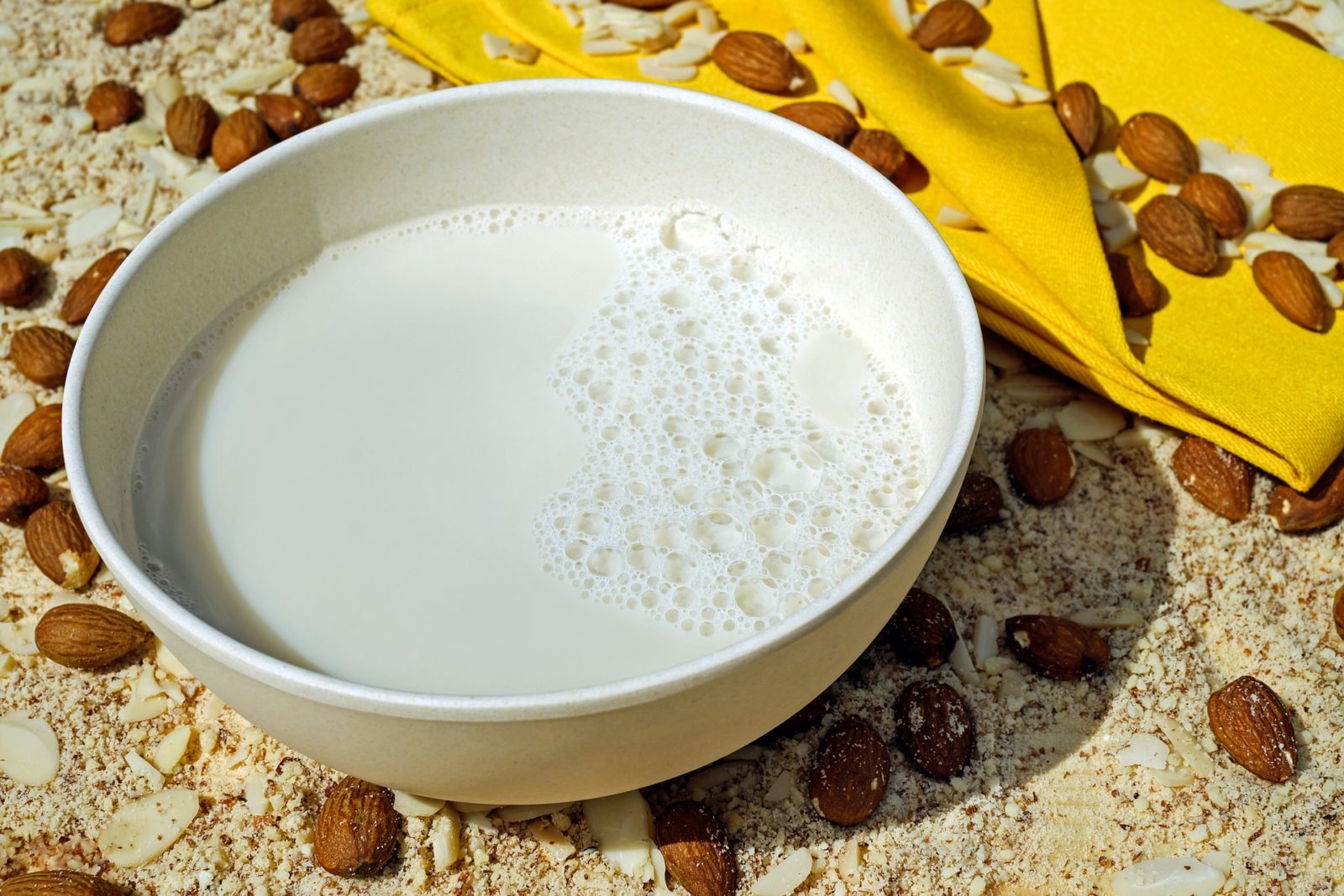Perhaps you’ve recently found you’re lactose intolerant, or you’re simply looking for another alternative to cow’s milk. You might be aware of the other options in the milk section, but what are they like? Before switching things up, here’s a guide to milk alternatives.
1. Coconut Milk
While it is high in calories, it is intensely rich in vitamins C and E plus all the B vitamins. It’s also filled with minerals like selenium, iron, and magnesium. The high fat content is made from beneficial fatty acids like lauric acid which is good for protecting you from illness. It’s lactose-free so if you’ve experienced problems drinking cow’s milk, this is one to try if you don’t mind the calories.
2. Soya Milk
Made from soya beans that have been soaked, cooked, and ground up, it has earned much praise as a health food. In particular, it seems to be good for women in the later stages of life to help quell the symptoms of menopause and boost bone density. But there have been studies linking it as an influence to male fertility as well as thyroid problems. These beans tend to be bitter so some variations you’ll find might be overly-sweetened.
2. Almond Milk
Check your labels carefully to make sure almonds are the main ingredient and that added sugar isn’t a factor. When you go for small-batch produced almond milk, you’ll find a healthy alternative that has not saturated fats or lactose and one of the lowest calorie counts of all milk alternatives. It also tastes great!
3. Oat Milk
Oat milk is made with the liquid that is leftover when oats are soaked in water Oats are a low glycemic food that give you lots of energy and helps lower cholesterol. The only downside is that you’ll have to watch out for commercial oat milk brands because they don’t always come fortified with the vitamins you’d get from regular cow’s milk. You’ll want to be sure it has added calcium. Unfortunately, this is not a gluten-free choice so be careful if you can’t have gluten.
4. Rice Milk
Rice milk is made with filtered water and partially milled organic brown rice. It has as much calcium and the same vitamins you’d get from cow’s milk but with less fat and more fiber. The downside is it contains added salt and is a bit sweet, so if you’re planning to cook with it, it might not make your savory dishes very tasty.
5. Hemp Milk
One of the latest and greatest offerings for milk alternatives is hemp milk. Made with whole hemp seeds, it is high in plant-based proteins and healthy fats. It’s extremely nutritious beverage that has fewer calories than cow’s milk, and it tastes great. Plus, you can make it yourself if you have hemp seeds.
With all these milk alternatives, you’ll have many choices for getting your calcium and enjoying milk-like taste to drink up and cook with!
